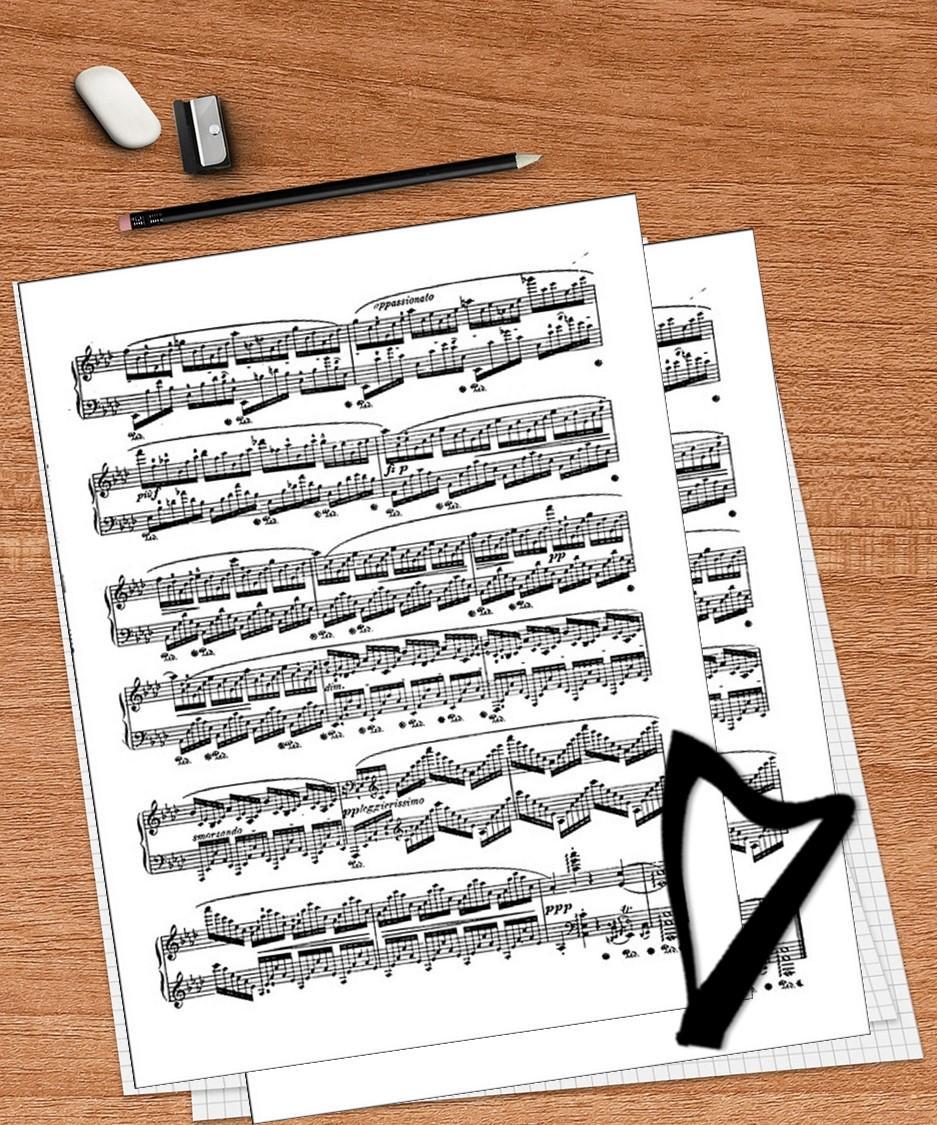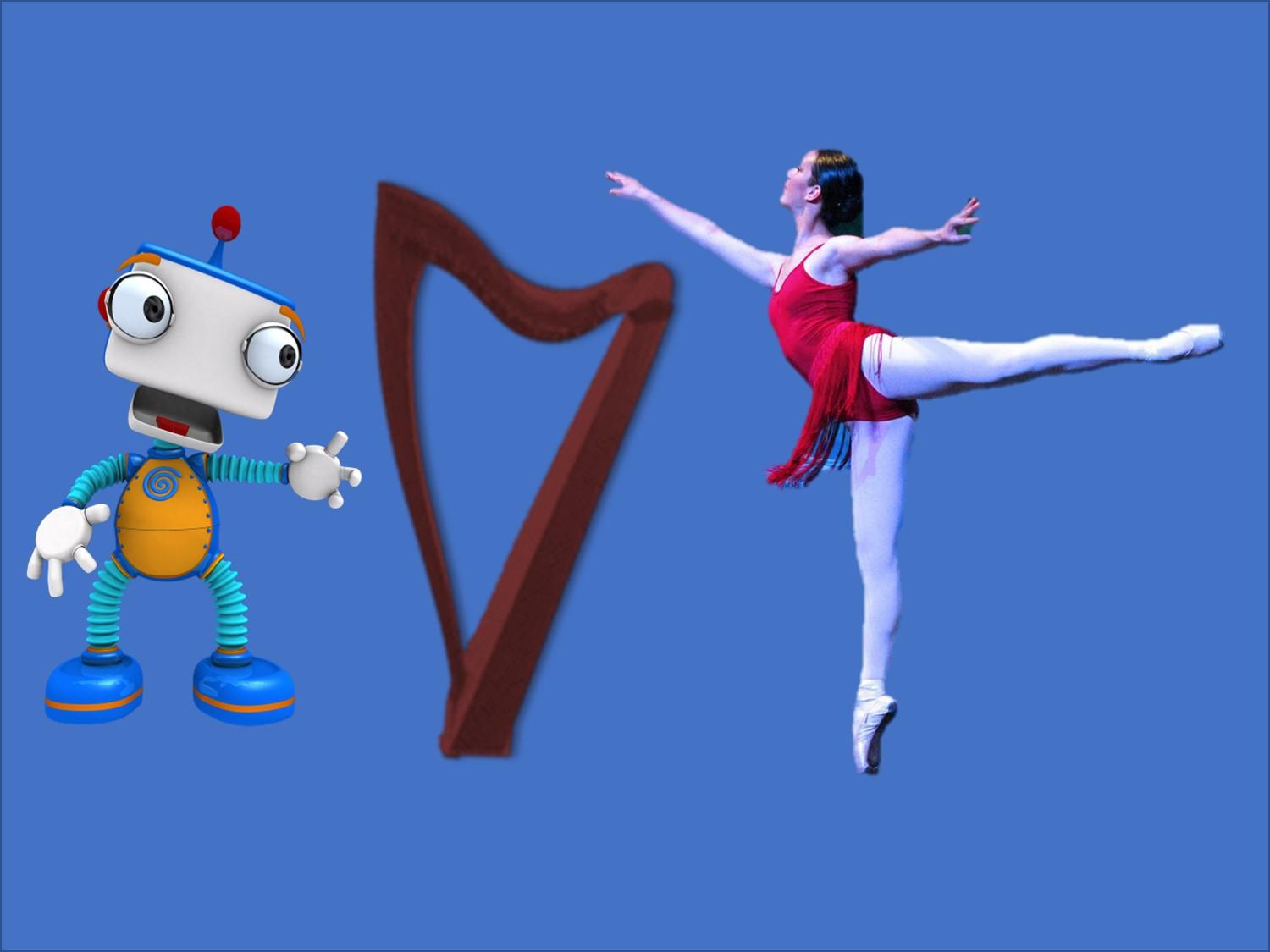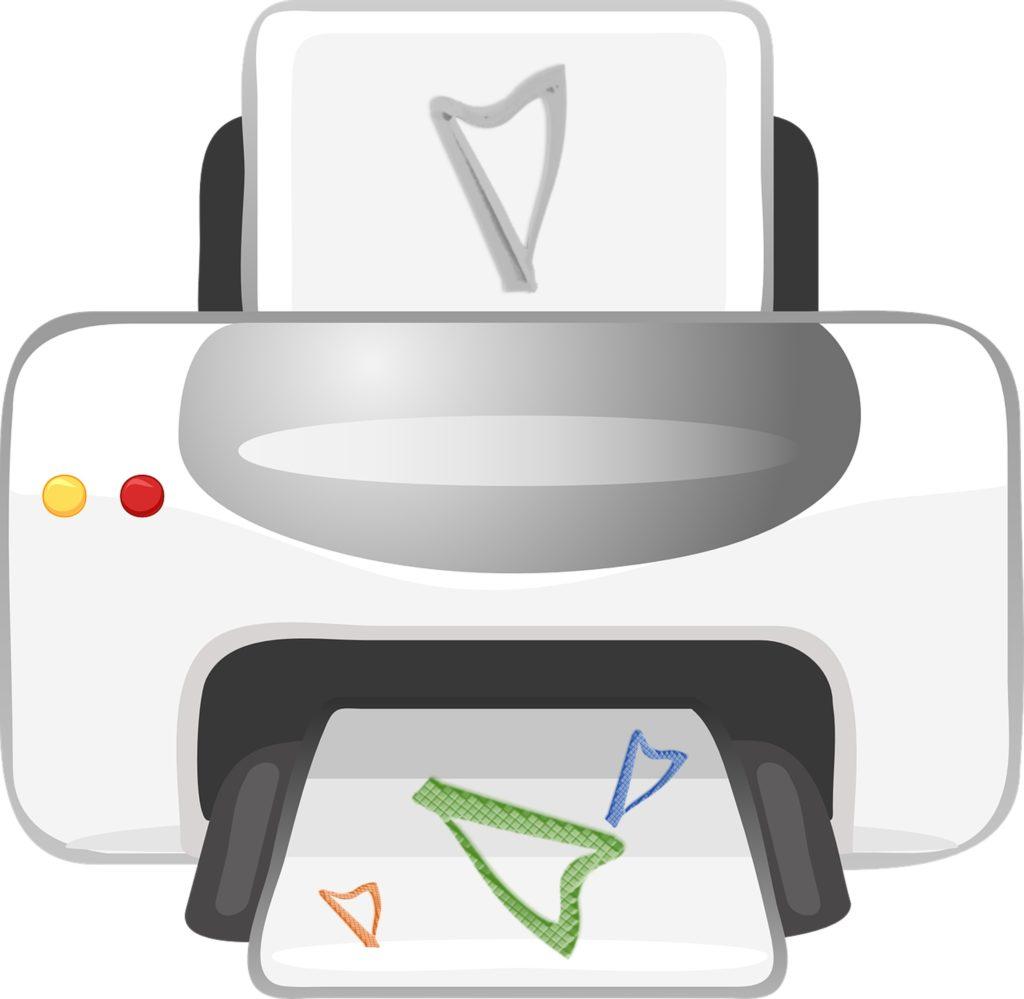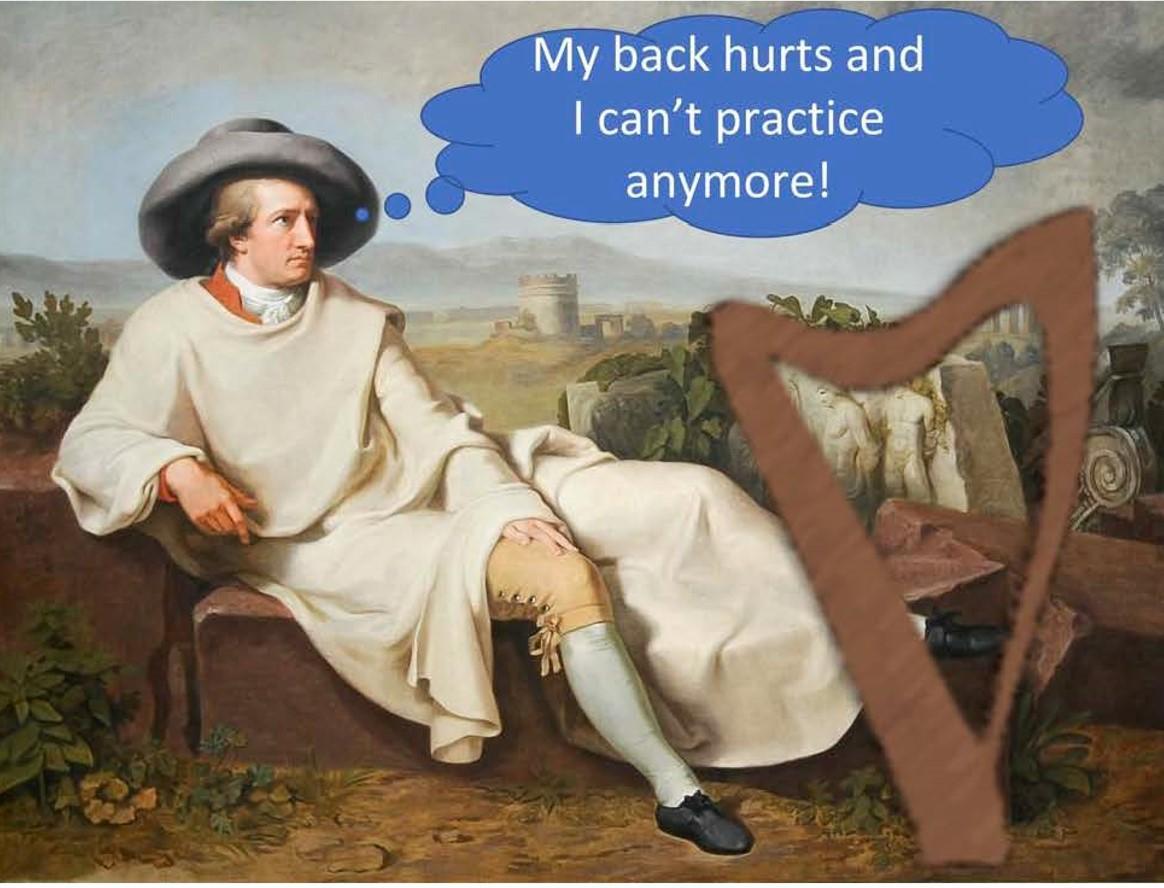Pencil me in
There are some mistakes that get made all the time by an awful lot of people. And some of those are the ones that leave you shaking your head because the solution is so simple and so easy. But despite how easy the fix is, it still doesn’t happen, for some reason.
No, I’m not talking about something complicated like putting the coffee and water into the maker at night before you go to bed so the morning is smoother. I’m talking about something even simpler. Something that can make you a better musician. Something you can do with the stroke of a pen. Well, a pencil, actually.
MARK YOUR MUSIC!
You’ll be amazed at how simple your life becomes when you embrace this fix! It has three steps –
First, make a copy of your music (Do Not write on your original!). If you have a download, print a couple. Or use your home printer to copy it. Or go to the local big box office supply store and use the self-copy machines. There is no excuse! (Of course, this is you making a copy of music you have bought for your use – no violating copyrights!).
Second, now that you have extra copies to write on – find a pencil. Not a pen! Any ol’ pencil will work (or buy some while you’re in the big box office supply store making copies).
Third, and this one is a biggie – use the pencil on the copies! Mark anything you need to have marked. Forgetting a fingering? Write it in. Not used to reading all those ledger lines? Mark them. Missing a dynamic? Circle it. Any time you have a hitch in your reading, leave yourself a note so that you have a smoother experience as you continue to play.
Why not a pen? Well, you want to be able to correct errors in your marking. But you also might change your mind as you continue to work on the music. Or you might completely change your understanding of the music and decide to mark it differently. Or you might no longer need the notations. There are a ton of reasons that at some time in the future you might want to erase what you’ve written.
A quick point – consider using colored pencils to highlight different items. I usually use black for fingering, yellow for lever changes, red for dynamics, blue for repeats, etc. This is your system for you to play your best so do whatever it takes for you to feel comfortable and confident while looking at your music.
If you’re not a strong reader, then make two copies and use one as a “note speller” which will help you read the music and will improve your reading (because like everything else, reading gets better with practice too!). My students suggest putting the note speller copy in a sheet protector and use a dry erase marker so you can read, reread, and rereread – as often as needed until you build your reading strength.
Remember, it’s not a library book. You can write all over the music – it’s your copy! Feel free to mark it up, erase it, mark it up again – as often as you need. And if you want to, you can even leave yourself a sticker for doing a good job! If you’re one of those people who tries to remember what you were doing before (and forgotten) – are you ready to mark your music now? If you already mark your music – what do you do? Let me know in the comments!









